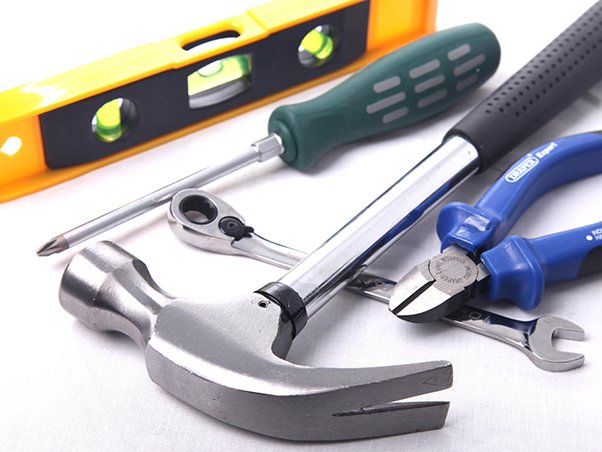
...............................................................................................................................................................
Filipino Carpentry Terms
10 Filipino Carpentry Terms that You Need to Know
Need to hire a
carpenter? Familiarize yourself with these common terms to avoid
miscommunication
by Amillah Rodil
When constructing a new home, miscommunication can often cause
problems.
Your carpenter might tell you: “Habulin na lang sa palitada yan,” and you have no idea
what it means.
Let these 10 common terms help and guide you.
Keep these terms in mind:
Media Agua
A canopy over a window is called media
agua. In ancestral Filipino houses, the traditional media agua is a
scallop-bordered cloth; in a bahay kubo, it’s a nipa push-out or awning. In
modern houses, it could be as simple as a ledge shading the window.
Dos Aguas and Quatro Aguas Roof
A dos aguas roof has two sides
or slopes (a gable roof), and quatro aguas has
four sides (a hip roof). Use either of the terms when you want to specify the
type of roof, e.g. “Gawin nating quatro aguas ang bubong.”
Hamba
Carpenters use wood for constructing the hamba, or jamb — a frame surrounding the door or
window.
Alulod
Alulod means gutter. When preparing for the rainy season, tell
your handyman: “Tingnan mo naman yung yero kung may butas. At
linisin mo yung alulod — puno na siya ng dahon.”
Dangkal
Length from tip of thumb to tip of pinky finger (length
depends on whose hand you’re using).
Dipa
Length of both arms stretched out (including torso).
Asintada
Asintada is the alignment of the wall. “Wala sa asintada” means it’s not aligned. “Asintahin” is to align. Workers might say, “Natayo na ba ang asinta?” to ask whether the wall has
been put up.
Tambol
When unsightly pipes appear in areas like the underside of
a comfort room it needs a tambol. It’s not a
musical instrument but a covering. Say, “Lumabas ang tubo sa pader.
Tambulan mo na lang.”
Kapak
Plaster not bonding well with the wall produces a defect.
Knocking on it creates a hollow sound — probably why this defect is
called kapak (the word itself mimics the hollow sound).
Nagbubuntis
There’s reason to be concerned when a worker says, “May nagbubuntis dito.” It means a
concrete column is bulging due to weak formworks.
Amillah
Rodil I have about ten years experience in development work in the fields
of urban and environmental planning and community development. Part of my work
has been to edit and consolidate reports of experts with various
specializations into one project report; and preparing project proposals and
progress reports. I have also worked for two years as writer in a design
magazine and two years as editor of an NGO publication. I have written a number
of research papers and have been published in the Environment and Urbanization
Asia journal.

No comments:
Post a Comment